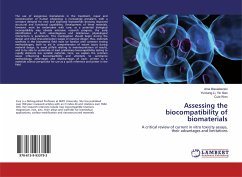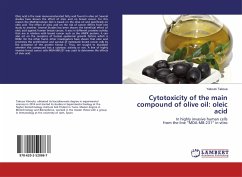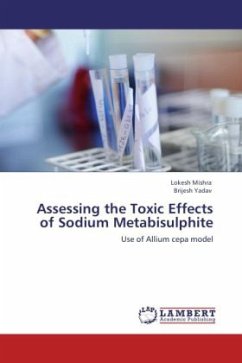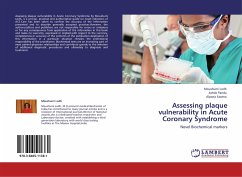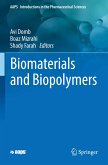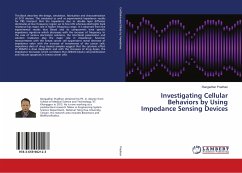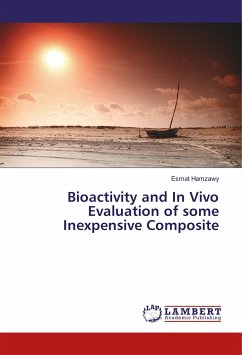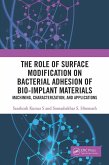The use of exogenous biomaterials in the treatment, repair and reconstruction of human physiology is increasingly prevalent, with a constant demand for new and improved biomaterials showing improved structural and functional capabilities. Development of these materials, however, must be undertaken with care; as a potential biological incompatibility may obviate extensive research progress, the early identification of both advantageous and deleterious physiological interactions is paramount. This investigation should begin during the design and initial characterization stages of material design; thus, materials scientists in the biomaterial field must be familiar with common testing methodologies, both to aid in comprehension of extant issues during material design, to avoid pitfalls relating to misinterpretation of results, and to be able to undertake at least preliminary biocompatibility testing to rapidly eliminate less suitable materials. Here, we explain the common issues influencing biocompatibility and attempts to summarize methodology, advantages and disadvantages of each, written to a materials science perspective for use as a quick reference and primer in the field.

